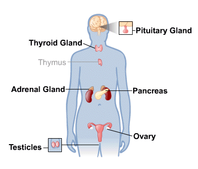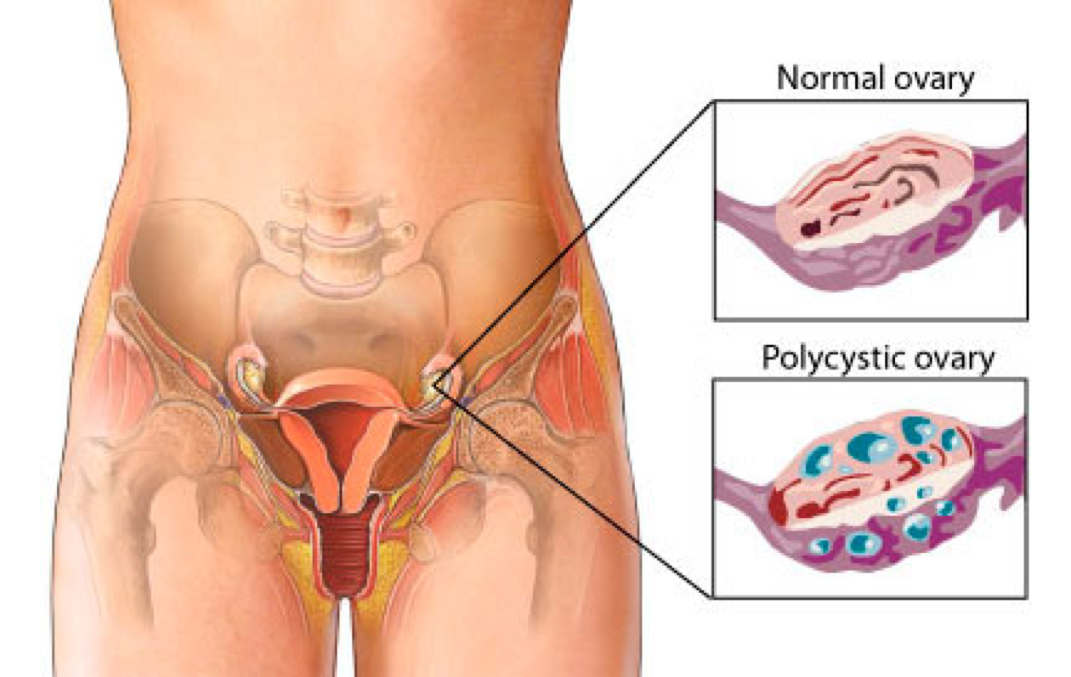- Diet- a particular selection of food, especially as designed to improve a person's physical condition or to prevent or treat a disease
- Blood sugar- the quantity or percentage of glucose in the blood
- Exercise- bodily or mental exertion, especially for the sake of training or improvement of health
Being the lover of food that I am, it should go without saying that I am NOT a fan of a diet that forces me to give up something that I want to eat. Now I am for adjusting my portion sizes and creating healthier versions of my favorite recipes. While I do love to eat, I'm not a big fan of the sluggish, ' itis', feeling you get after fairly large, predominantly starchy meals. So if I could capture all the same flavors in lighter versions then I'd definitely be on to something. Now while the body is made up of many parts they all work together, like a team, if one part slacks the others might pick up. Naturally if anything does a little more than what it was to designed to, it will be prone to damage from over exertion. Which brings me to blood sugar, PCOS can inhibit the way insulin is used in the bloodstream. Insulin carries sugar from the blood stream into the cells, to be converted into energy. When insulin's' effect on sugar weakens then more insulin is needed to get the job done, cause the pancreas to work harder. When the pancreas works harder too much insulin is released into the bloodstream, and it causes the ovaries to produce more androgens, worsening the PCOS. I walk a lot, but I'm not as active as I used to be and exercise is a great way to help manage the symptoms of PCOS. By working the muscles through exercise, the body burns the stored glucose, thus helping along its breakdown, this is called muscle cell activation. Exercise also helps to release testosterone, yes that predominantly male hormone, it can be over-produced in woman with PCOS. Testosterone imbeds it self in the body, mainly the muscles, but is easily released through muscle exercise. Running, jogging, and brisk walking is good for the legs and organ enhancement, the circulation and aerobic activity when kept in a daily routine can help glucose elimination. While trying to adopt a healthier lifestyle I cam across this salad recipe it involves several of my favorite foods, shrimp, cheese, & spinach. Caribbean Shrimp Salad
2 cups Baby Spinach (or greens of your choice)
2 Oranges
1/4 lb. Raw Shrimp
1/4 cup Shredded Carrots
1/4 cup Shredded Cheese (I prefer Sharp Cheddar or Parmesan)
1/2 tsp. Turmeric
1/2 tsp. Garlic Powder
1/2 tsp. Ground Cumin
1 tbsp. Olive Oil
1 pinch Ground Ginger
1 pinch White pepper
1 pinch Sea Salt
Citrus Vinaigrette:
1 Small Shallot (finely chopped)
3/4 cup Olive Oil
1/4 cup Rice Vinegar
3 tbsp. Fresh Lemon Juice
2 tbsp. Fresh Orange Juice
1 tbsp. Cilantro (finely chopped)
1/2 tbsp. Mint (finely chopped)
pinch of Kosher Salt
pinch of White Pepper
Juice an orange and set it aside for later use, Slice the remaining orange into segments and set aside until plating. Combine cumin, turmeric, garlic powder, white pepper, sea salt, and ginger together in a bowl, mix well. Sprinkle over raw shrimp until well coated, discarding any excess spice mix, cover and refrigerate while vinaigrette is prepared. Combine all vinaigrette ingredients in a jar, shake until well blended, add salt and pepper to taste. Refrigerate dressing and remove the shrimp. In a hot skillet add 1 tbsp. of olive oil, and pan sear the shrimp on med-high heat careful not to over cook them. Once shrimp are done assemble all remaining ingredients on a place topping them with the orange segments, drizzle the salad with desired amount of vinaigrette and enjoy!!

The endocrine system is the system of glands, each of which secretes different types of hormones directly into the bloodstream to maintain homeostasis. - homeostasis- a process in which the body's internal environment is kept stable.
Glands & Hormones
- Pituitary Gland- master of glad of the human body.
Growth hormone, thyroid stimulating hormone, adrenocorticotropic hormone, beta-endorphin, follicle stimulating hormone, luteinizing hormone, prolactin, melanocyte-stimulating hormone, oxytocin, vassopressin
- Thyroid- controls how quickly the body uses energy, makes protein, and how sensitive the body is to other hormones.
Triiodothyronine, thyroxine, calcitonin
- Adrenal glands- release hormones in response to stress
Glucocorticoids, mineralcorticoids, androgens, adrenalin, noradrenalin, dopamine, erikephalin
- Pancreas- a mixed endocrine and exocrine gland; it secretes both enzymes & hormones
Insulin, glucagon, somatostatin, pancreatic polypeptide
- Testes-reproductive organ that produces sperm and androgens, mainly testosterone
Androgens, estradiol, inhibin
- Ovaries- ovum (egg) producing reproductive organs
Progesterone, androstenedione, estrogens, inhibin
Since PCOS is an endocrine disorder, I felt it was important to share a little about just what exactly the endocrine system is and what role it plays in our lives. Hormones not only affect our ability to reproduce but also our moods, and how we deal with stress. While a GYN can deal with the issues PCOS may cause in your reproductive system, a healthier lifestyle and endocrinologist can help you stabilize the rest of your hormones as much as possible.
Polycystic Ovary Syndrome (PCOS) in a nutshell: • Higher levels of androgens • Lower levels of estrogen • Irregular or absent menstrual periods • Many small cysts on ovaries The ovaries, where a woman’s eggs are produced, have tiny fluid-filled sacs called follicles or cysts. As the egg grows, the follicle builds up fluid. When the egg matures, the follicle breaks open, the egg is released, and the egg travels through the fallopian tube to the uterus (womb) for fertilization. This is called ovulation. In women with PCOS, the ovary doesn't make all of the hormones it needs for an egg to fully mature. The follicles may start to grow and build up fluid but ovulation does not occur. Instead, some follicles may remain as cysts. For these reasons, ovulation does not occur and the hormone progesterone is not made. Without progesterone, a woman's menstrual cycle is irregular or absent. Plus, the ovaries make male hormones(androgens), which also prevent ovulation. http://womenshealth.gov/publications/our-publications/fact-sheet/polycystic-ovary-syndrome.cfmI was diagnosed with PCOS only a year ago but have been dealing with its symptoms since puberty, I just wasn't aware that they had a name for it. No hormones = no ovulation, no ovulation = no mature egg, no mature egg = no baby!
|



 RSS Feed
RSS Feed